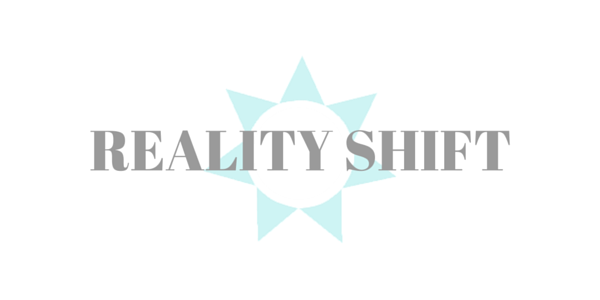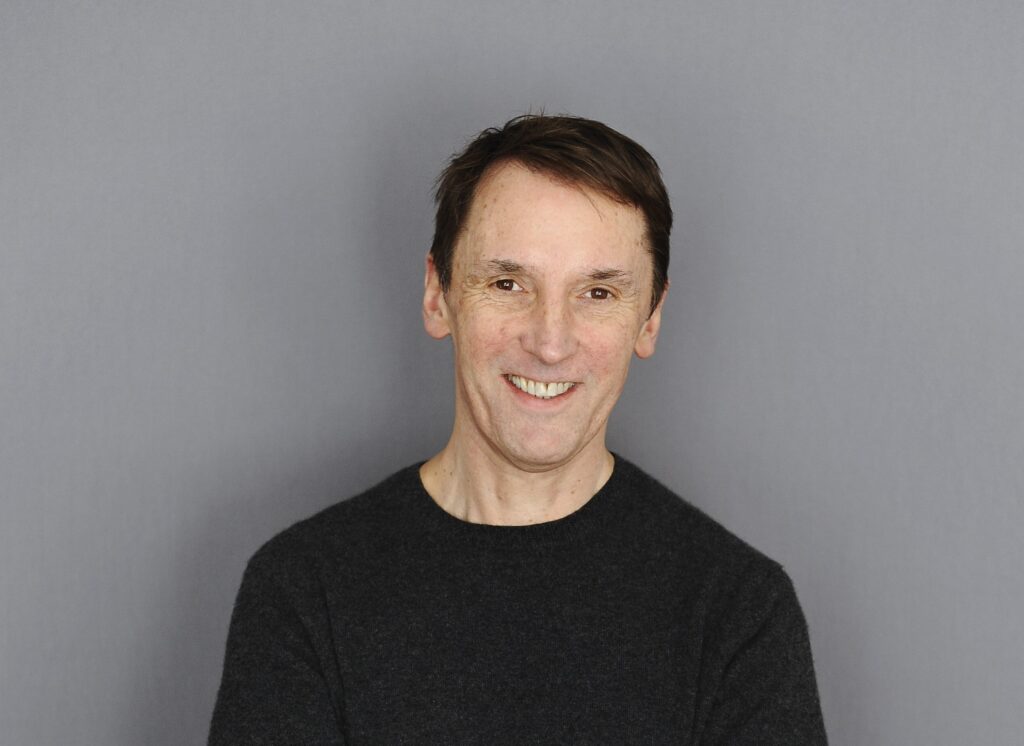
If you’re a creative person who’s struggled to maintain a consistent routine, you’ve likely blamed yourself. Maybe you’ve told yourself you’re lazy, disorganised, undisciplined and simply not committed enough. You’ve probably read the usual productivity advice: get up at 5am, start with cold showers, and block out your day like a CEO with an empire to run.
And yet, the routine doesn’t stick. Or it sticks for a week and then slides away, quietly. Cue the internal recriminations. “If I were serious, I’d be able to do this.” “Other people manage it.” “What’s wrong with me?”
But what if discipline isn’t actually the problem?
What if the problem is shame?
The Creative Shame Behind “Lack of Discipline”
In coaching sessions with artists, writers, musicians and entrepreneurs, I’ve noticed that the surface problem, such as “I just can’t stick to anything”, usually isn’t the real issue. Underneath, there’s often a tangle of shame, perfectionism, fear of being seen, or fear of falling short. It’s what I call ‘creative shame’. When you feel that your creative work doesn’t measure up, or that you don’t, it becomes very hard to meet the page, the canvas, the practice room.
The idea that routines are just a matter of “discipline” ignores the emotional cost involved in showing up.
It’s not that you’re lazy. It’s that every time you sit down to work, you come face to face with the part of you that says, “This won’t be good enough.” Or, “Who do you think you are, doing this?” Or even, “Why bother?”
That voice might not shout. It might just lower the lights a little, sap your energy, make it slightly easier to check your email instead. But over time, it wins.
The Perfectionist’s Loop
Here’s a common pattern: You set an ambitious schedule. You start strong. You miss a day. Then another. Suddenly the gap between the ideal and the reality feels too wide. You abandon the routine and tell yourself the whole idea was flawed anyway.
This isn’t a discipline failure. It’s a perfectionism trap. Because somewhere along the line, we picked up the idea that “successful” people do things in perfect blocks, with unwavering focus and flawless habits. And anything less than that isn’t worth continuing.
But perfectionism isn’t high standards. It’s fear in disguise. It’s shame before the fact. And shame kills momentum.
The Myth of the Morning Routine
Social media is full of smug narratives about morning routines. Wake at dawn. Meditate. Journal. Run 10k. Write for an hour. Then and only then are you allowed your coffee. These rituals are sold as the holy grail of creative success.
But for many people, these idealised routines just pile on more shame. They imply that your inconsistency is a moral failing. When in reality, most people’s lives are a bit messier than that. Especially if you’re dealing with a chronic condition, parenting, financial precarity or just an unruly mind.
It’s not that routines are bad. Far from it. Routines can be deeply supportive. But they need to be rooted in self-respect, not self-attack.
Routines Follow Safety, Not the Other Way Round
Here’s a reframe: Regular creative practice is a symptom of internal safety, not proof of willpower.
When a person feels psychologically safe – when they’re not braced for self-criticism, not tangled up in shame, not holding their breath around the work, they’re far more likely to show up. To keep going. To finish.
This is one of the things that good creativity coaching helps with. Not with forcing you into a system, but by helping you soften the terrain around the work. We explore what’s in the way. We notice the habits of thought that undermine you. We identify the stories you’ve inherited about what creativity “should” look like and find out which ones still serve you.
We also get specific. We make space for trial and error. We test out ways of working that fit your actual life, rather than the fantasy version. And we hold onto what works.
The point is not to shame you into productivity. It’s to help you reconnect with the part of you that wants to create, even if that part feels hidden under years of noise and doubt.
Start Where You Are
If you’re someone who has a long list of abandoned routines, unfinished projects, or notebooks full of good intentions, you don’t need another round of guilt. You need a conversation. A space to work out what really matters to you, and what’s really getting in the way.
Creativity coaching isn’t a bootcamp. It’s a place to get honest about issues like creative shame. A place to get clear, and to start again, this time, from the ground you’re actually standing on.
Because when shame stops running the show, discipline starts showing up on its own.

